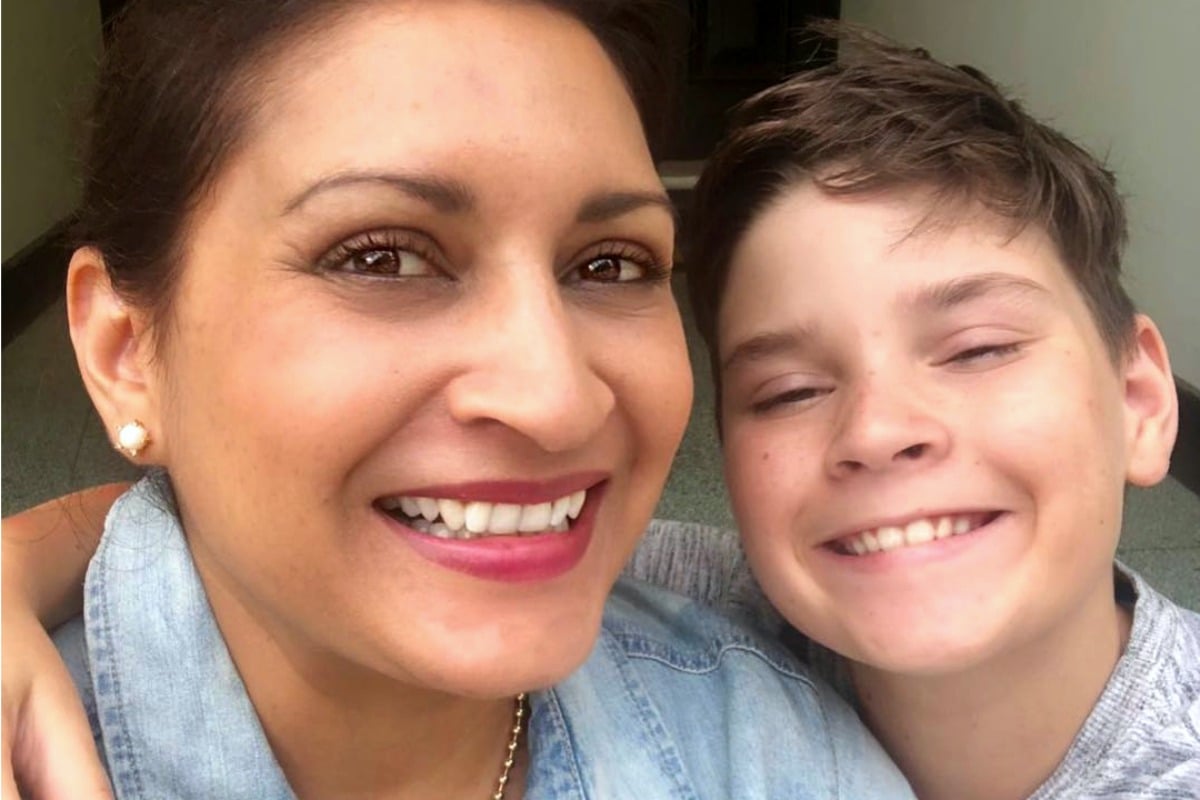
Last month, Football Brisbane made an announcement that got parents talking; which is sort of ironic, considering the nature of what they said.
The organisation, which supports local junior clubs, decided that Saturday, August 10, would be a ‘Silent Saturday’ for every game.
No, this didn’t mean the kids couldn’t speak during the game – it meant the parents and spectators couldn’t.
Football Brisbane explained on their Facebook page:
“The main purpose of Silent Saturday is to let our young players play and have fun without worrying about how their performance is affecting the adults on the sidelines.
“This applies equally to our Referees and Game Leaders who should be able to make decisions without worrying about verbal questioning.
“Clapping is allowed! Sit back and enjoy watching the kids play.”
It was an, ahem, game decision – and in the context of the recent Adam Goodes’ documentary The Final Quarter, which demonstrated how spectators verbalising displeasure drove Goodes to eventually leave the game, it makes absolute sense.
Watch the trailer for The Final Quarter below. Post continues after the video:

Top Comments
Maybe instead of clapping when the kids score we could have feminist jazz hands instead? Healthy society.
Les what are these "feminist jazz hands" you speak of? I would love to get a set of them!
As MM doesn’t seem to like links or attachments, suggest you google the term and click on videos, heaps of examples. Yes, I know, there really are people like that out there.
We've always tried to encourage and cheer for our kids, their team mates, and even the opposition players without giving specific advice: I think stuff like "Great work!", "Well done!", "Good save, keeper!", "Great pass!", "Go! Go! Go!" is all perfectly fine. But there are a lot of parents who want to call out instructions from the sidelines, and I think that's just confusing and counterproductive to the kids because (a) they're supposed to listen to their coach, (b) it doesn't help them learning how to read the game and react appropriately, and most of all - as the quotes from the kids above indicate - (c) they just don't enjoy the game as much when someone is constantly telling them what to do. Referee abuse is certainly not okay, and I think supporters need to appreciate the fact that referees make mistakes and that they have a very different perspective of things from up in the stands / on the sidelines compared to the person on the field, but if there's a glaring error, people need to be able to at least say stuff like "Come on, ref!" I get that people have a hard time not extending that into an abusive follow up like "Get some glasses!", and even more so if they think it's just the latest in a series of bad decisions, so maybe having the occasional completely silent game will help those people develop the required self restraint. It's worth trying every so often and reflecting on whether it's working or not.